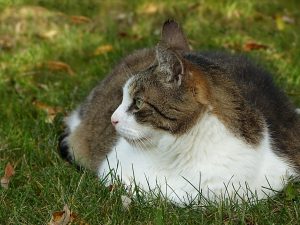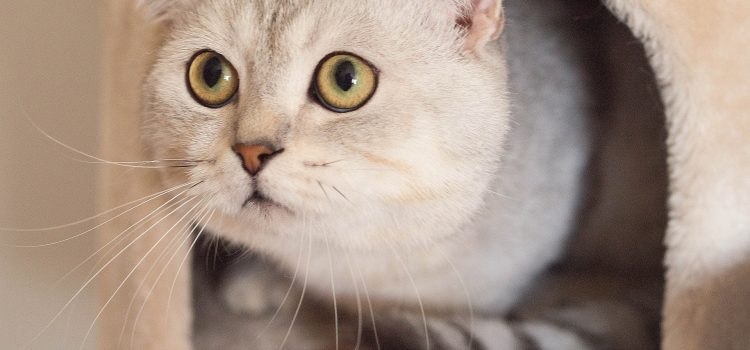
How Heavy Should My Cat Be? Understanding Weight Loss in Cats
Weight loss in cats is usually a sign of illness. However, it can also signify that the cat is too heavy for its body. This article will explore the causes of weight loss in cats and how to determine if your cat is overweight. Cats are known for their sleek and slender physiques. They are so slim that they often weigh less than 10 pounds when they are full-grown adults.
The average weight of an adult cat should be between 5 and 8 pounds, but there is a wide range of what is considered “normal” weight for cats depending on their age, size, breed, and activity level. It is not uncommon for a cat to have a slightly increased body weight during pregnancy and after giving birth.

However, if the weight remains significantly higher than it was before the pregnancy, it could be an indication of illness. Weight loss in cats following surgery or illness is often due to malabsorption (a decreased ability to digest food). Financial constraints can also lead to weight loss in some cats (cats may feel they cannot afford healthy food).
According to this article on Cat facts, cats’ most common causes of weight loss are: Cats can survive on an extremely low-calorie diet for extended periods. To maintain its current weight, a cat needs about 50% fewer calories than it needs on a healthy diet. This is typically between 800 and 1000 calories per day. Older or sick cats may need as little as 400-600 calories per day for proper nutrition.
What are the Signs that a Cat is Overweight?
A cat’s weight is usually determined by size, age, sex, and breed. Many signs indicate if a cat is overweight.
These include:
– Enormous abdomen
– Broad waistline
– Abdominal fat rolls
– Weight gain or loss
– Decreased activity levels
– Difficulty breathing
– Unusual vocalizations
.- Ability to be picked up without difficulty
– Reduced life span compared to healthy cats

How Much Should Your Cat Weigh? What’s the Ideal Weight for Domestic Shorthair Cats?
Your cat’s weight is one of the most important aspects to monitor. If your cat is overweight, it can lead to health problems like diabetes, arthritis, and high blood pressure.
But if your cat is too thin, it can lead to health problems such as hair loss and heart conditions. Monitoring your cat’s weight will help prevent health issues from being too heavy or too thin. This article will give you the ideal weight for domestic shorthair cats, so you know what’s normal for your pet and what isn’t. The perfect weight for a domestic shorthair cat is between 7 to 10 pounds.
The Dangers of Overweight or Obese Cats and How to Prevent Them from Occurring
Obesity is a serious health concern for both cats and humans alike. It can lead to many health problems, including heart disease, diabetes, arthritis, liver disease, and more.
The most common cause of obesity in cats is a lack of exercise. This can be due to the cat being overweight or obese. Physically inactive cats are more likely to be overweight or obese than active cats. Inactive cats tend to eat more because they’re bored, and they may also have a decreased appetite when they exercise because of the stress it causes on their muscles and joints.
The best way to prevent obesity in your cat is by giving them plenty of daily physical activity opportunities. Cats need at least 30 minutes of exercise each day, or they will become sedentary and gain weight quickly. Pregnancy is a common cause of weight gain in cats due to increased appetite and progesterone production.
Other causes include being too cold or too hot and taking medications like corticosteroids. Obesity can also be caused by overfeeding, and some studies have shown that obesity can be developed even when food intake is controlled. Common symptoms of obesity in cats are difficulty breathing, lethargy, and difficulty grooming themselves.
Signs that your cat may have too much fat in its body include deep, full chest and abdominal protrusions. See your veterinarian immediately if your cat becomes too heavy or has trouble breathing.















